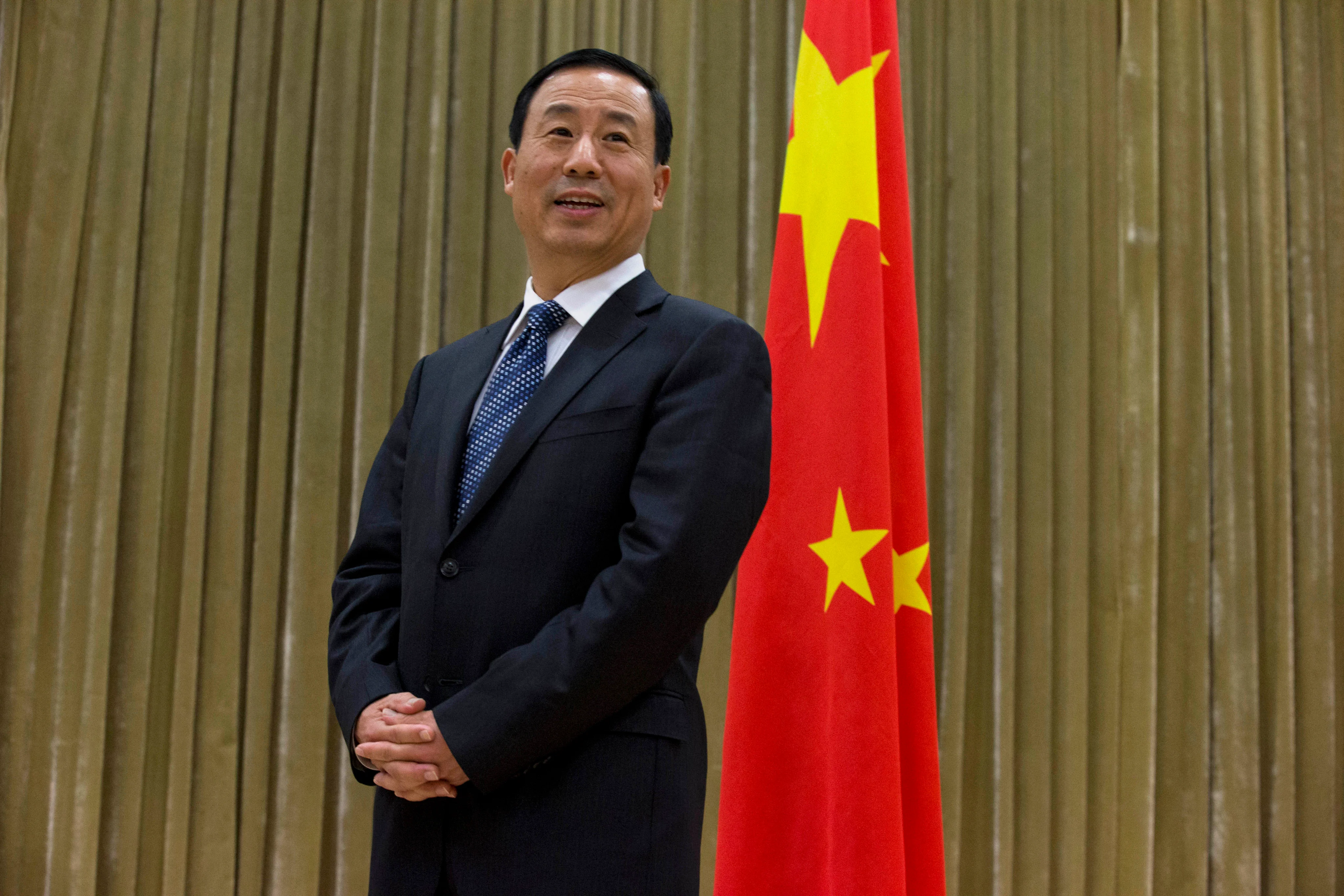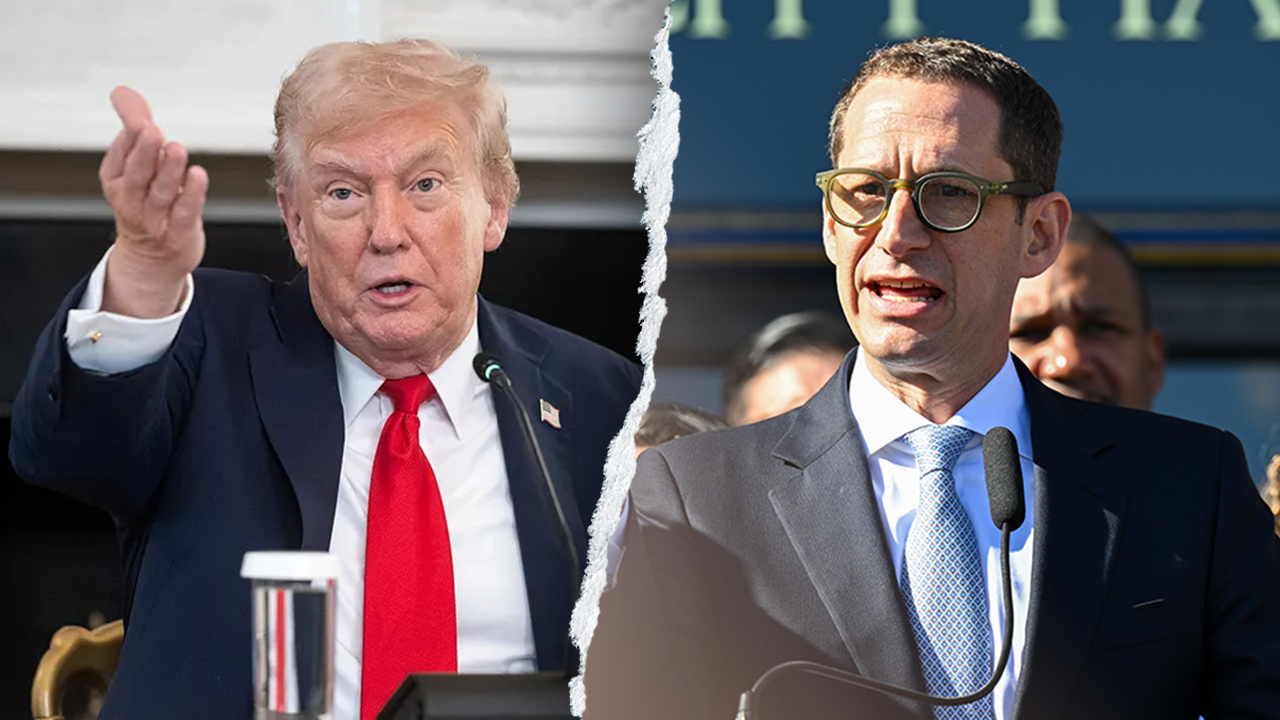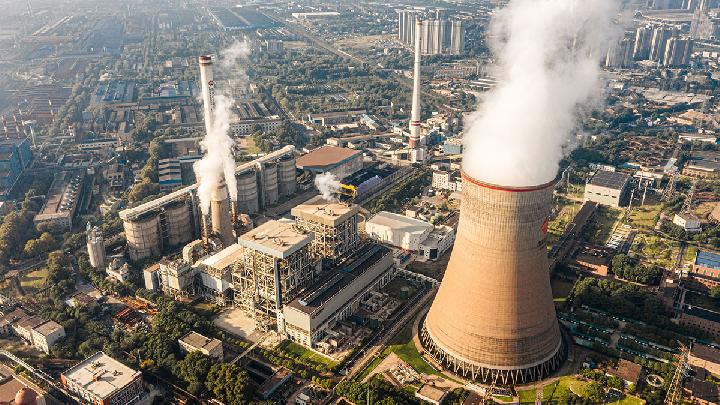Copyright scmp

Beijing expelled a former senior official with an aerospace background and a military auditor from the top national legislature on Tuesday amid its deepening anti-corruption drive. The Standing Committee of the National People’s Congress said on Tuesday that five officials had been removed from their NPC duties. The most senior of them is Xu Dazhe, former Communist Party secretary of Hunan province. The NPC did not say if he was under investigation for corruption but Xu, who left the party secretary role in 2021, has a background in aerospace engineering, a sector heavily hit by Beijing’s anti-corruption drive in the past three years. Xu, 69, joined China’s former Ministry of Aerospace Industry in 1984 and worked within the system for around 32 years. In 2013, Xu was appointed vice-minister of industry and information technology and director of the China National Space Administration, during which time he led China’s lunar exploration programme. In 2016, he announced the initiation of China’s Mars exploration programme. Xu was appointed governor of Hunan province in 2016 and became the provincial party secretary in 2020, before stepping down in October 2021. Xu is among a slew of aerospace engineers promoted to key offices under President Xi Jinping. Two officials with this technocratic background are members of the Politburo: Ma Xingrui, former party chief of Xinjiang; and Yuan Jiajun, party chief of Chongqing. In the past three years, China’s anti-graft campaign has rounded up multiple executives from the aerospace sector. Sun Bin, a major general, was also expelled from the national legislature on Tuesday; however, no reason for Sun’s removal has been reported. Sun served as deputy auditor general of the Central Military Commission (CMC) from 2016 to December 2020, and was promoted to auditor general, responsible for overseeing the People’s Liberation Army’s financial expenditure. Sun also sits on the Central Commission for Discipline Inspection, which has more than 100 graft fighters from various branches. He was first promoted to the body in 2017. China has recently repeatedly said it intends to strengthen anti-corruption efforts within the military. Last week, the Fourth Plenary Session of the 20th Central Committee of the Communist Party announced the expulsion of eight senior generals, including CMC vice-chairman He Weidong, from the party. The CMC, chaired by Xi, sits at the apex of China’s military command chain. The PLA’s intensive review of the military equipment procurement sector began after the downfall of former defence minister Li Shangfu in 2023 with a series of corruption investigations. Beijing accused Li, who had worked in the PLA’s equipment departments for decades, of “seriously polluting the political environment of the military equipment sector”. Officials in equipment procurement departments and related approval processes have become key targets of the Communist Party’s anti-corruption campaign, with senior officials in the PLA, defence and aerospace industries investigated. To date, 22 generals have been removed from their positions as deputies to the 14th National People’s Congress – seven full generals, 12 lieutenant generals, and three major generals. Jin Zhuanglong, the former minister of industry and information technology overseeing multiple defence industry and aerospace enterprises, was removed from his leadership role in the ministry’s party committee in February, and from his ministerial position two months later. He was absent from the fourth plenary session last week.



